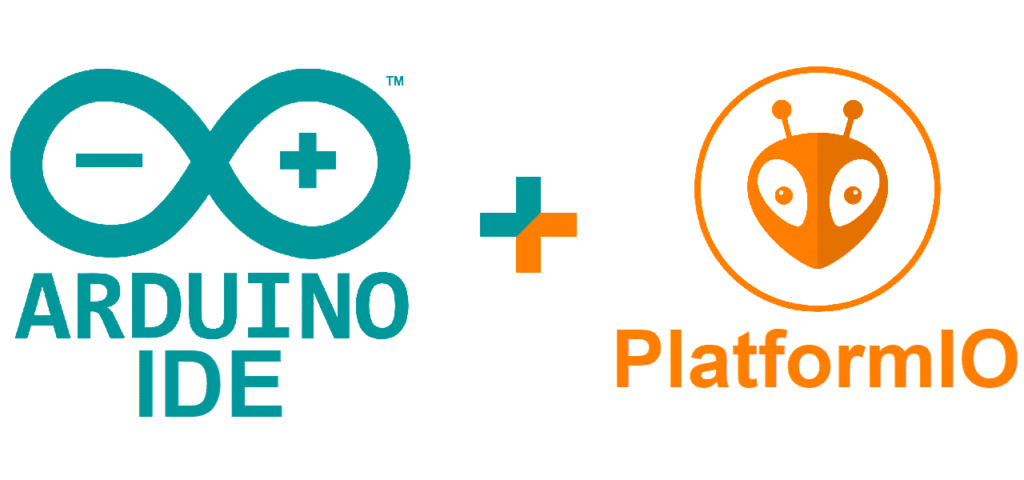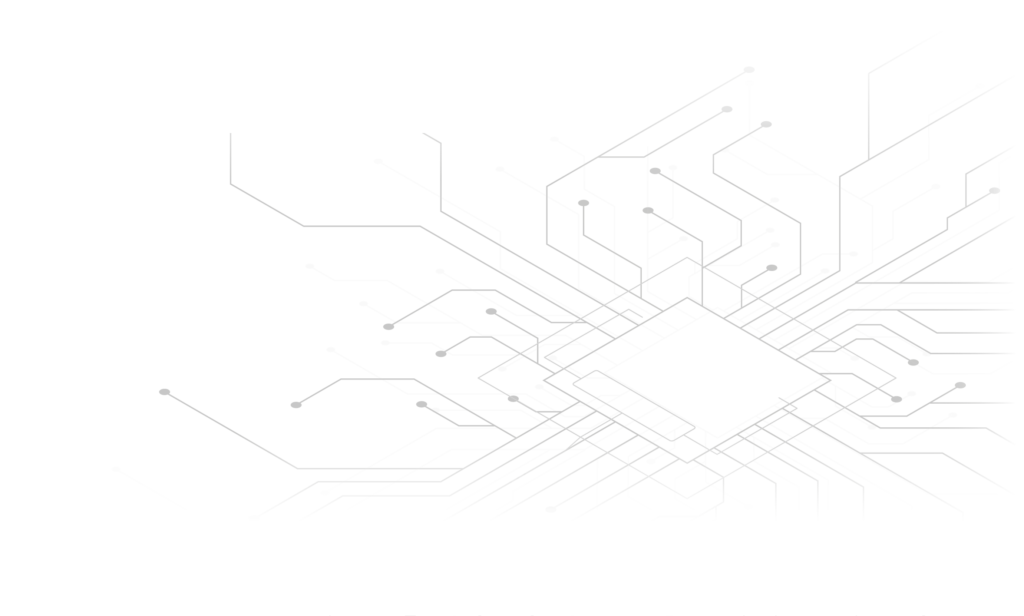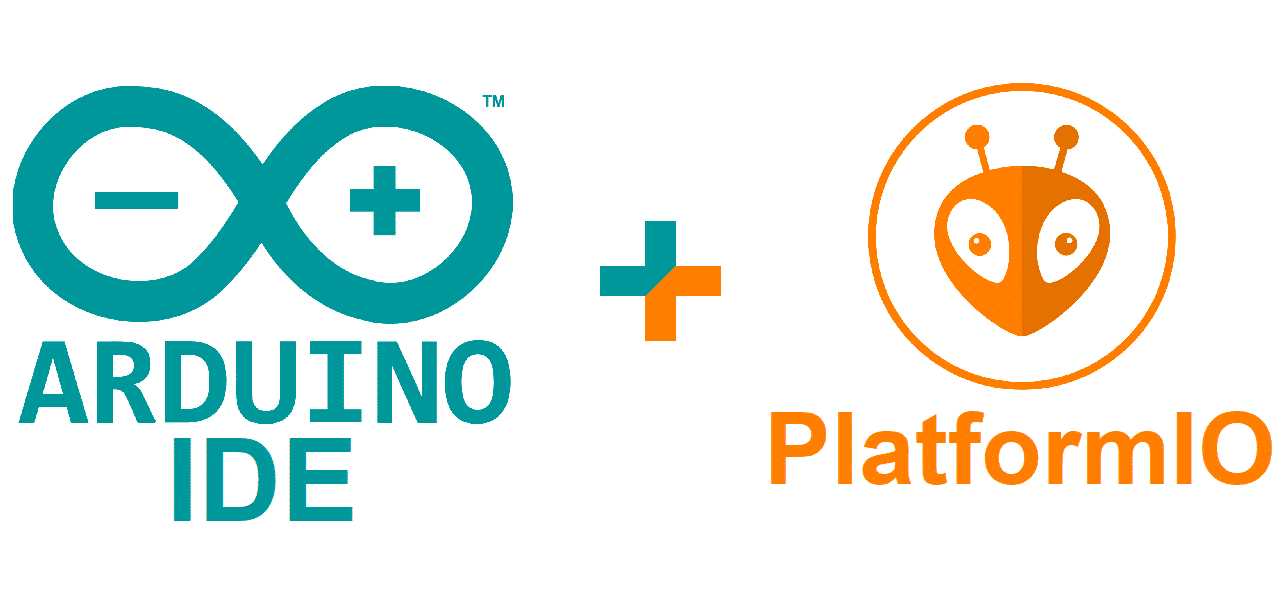

Arduino IDE and PlatformIO – Part 2
How to structure a project to be compilable by both

Table of Contents
Introduction
Through the changes recommended by the first part of this article, we have reached to a point where our code is nicely separated and all compilers have access to all files. What could go wrong, right? Well, at the beginning of article we have made an assumption. Only header files were used for the sake of simplicity.
How CPP files could affect the folder structure
senseAndUpload/
├── examples/
| ├── exampleWifi/
| │ └── exampleWifi.ino
| └── exampleNBIoT/
| └── exampleNBIoT.ino
└── src/
├── customLibs.h
├── device/
| ├── sensor.cpp
| └── sensor.h
└── networking/
├── nbiot.cpp
├── nbiot.h
├── wifi.cpp
└── wifi.h
Including a header file from a folder, all folder’s source files will be compiled
Let’s examine the effect of this behavior on the exampleWifi project. Imagine you have a device that is WiFi only, for example Arduino MKR1010. The sketch will be compiled having as target device the MKR1010. The compiler will successfully compile the “sensor.h“, “sensor.cpp“, “wifi.h“, “wifi.cpp” and will move on compiling “nbiot.cpp” which also includes the “nbiot.h“. This will throw a compilation error because the MKR1010 does not support NBIoT connectivity like MKR1500 so the compiler will not find all the needed libraries for NBIoT support. This leads us to the rule that a folder must contain code files that can all coexist when any of the folder’s header file is included.
Keeping this rule in mind we could make one folder for WiFi related code and one folder for NBIoT related code to isolate the functionality:
senseAndUpload/ ├── examples/ | ├── exampleWifi/ | │ └── exampleWifi.ino | └── exampleNBIoT/ | └── exampleNBIoT.ino └── src/ ├── customLibs.h ├── device/ | ├── sensor.cpp | └── sensor.h └── networking/ ├── nbiot/ | ├── nbiot.cpp | └── nbiot.h └── wifi/ ├── wifi.cpp └── wifi.h
Including 3rd level subfolder result to the compilation of all 3rd level local subfolders in PlatformIO
Keeping our focus on the exampleWifi project, which now includes the “wifi/wifi.h” file, the compilation in PlatformIO fails not being able to resolve dependencies of NBIoT. Wait, what? Even after our code separation and explicitly including a header file in a subfolder of networking subfolder, the code in “nbiot” is still being compiled. This reveals that PlatformIO selects the files to be compiled based on the direct subfolders of “src” folder regardless if there is further code separation within the subfolders.
To resolve this there are two approaches where only one of which works for both PlatformIO and Arduino IDE.
Put all code in “src” direct subfolders (PlatformIO only)
senseAndUpload/
├── examples/
| ├── exampleWifi/
| │ └── exampleWifi.ino
| └── exampleNBIoT/
| └── exampleNBIoT.ino
└── src/
├── customLibs.h
├── device/
| ├── sensor.cpp
| └── sensor.h
├── nbiot/
| ├── nbiot.cpp
| └── nbiot.h
└── wifi/
├── wifi.cpp
└── wifi.h
Use of target device macros
- senseAndUpload/src/customLibs.h
#include "device/sensor.h" #include "nbiot/nbiot.h" #include "wifi/wifi.h"While trying to compile Arduino IDE, the “exampleWifi.ino” would include “customLibs.h” thus it would include also the “nbiot.h“. This is an issue that we had from the beginning of our post though now it is time to solve it.
The cleanest approach would be to use the preprocessor macros defined when selecting a target device, to exclude code that is not compatible with the device capabilities. In our case lets assume we have the WiFi capable Arduino MRK1010 and the NBIoT capable Arduino MKR1500. When selecting each one for target device, a corresponding preprocessor macro gets enabled:
- ARDUINO_SAMD_MKRWIFI1010
- ARDUINO_SAMD_MKRNB1500
Important step for PlatformIO
(from PlatformIO documentation)
chain: Parses ALL C/C++ source files of the project and follows only by nested includes (#include …, chain…) from the libraries. It also parses C, CC, CPP files from libraries which have the same name as included header file. Does not evaluate C/C++ Preprocessor conditional syntax.Without the evaluation of the preprocessor macros, the LDF will detect both WiFi and NBIoT related code in the project, which is exactly what we were trying to avoid. To fix this, in the platformio.ino file add the statement:
lib_ldf_mode = chain+And finally everything works as expected.
Summary
The final structure proposed by this article is:
senseAndUpload/ ├── examples/ | ├── exampleWifi/ | │ └── exampleWifi.ino | └── exampleNBIoT/ | └── exampleNBIoT.ino └── src/ ├── customLibs.h ├── device/ | ├── sensor.cpp | └── sensor.h └── networking/ ├── nbiot/ | ├── nbiot.cpp | └── nbiot.h └── wifi/ ├── wifi.cpp └── wifi.hand here is the list of tool limitations that required special attention:
- Generic
- Including a header file in a folder, all folder’s source files will be compiled
- use of preprocessor macros per device could be handy
- PlatformIO only
- including 3rd level subfolder result to the compilation of all 3rd level local subfolders
- LDF mode must be set to “chain+” or “deep+” to evaluate preprocessor macros



